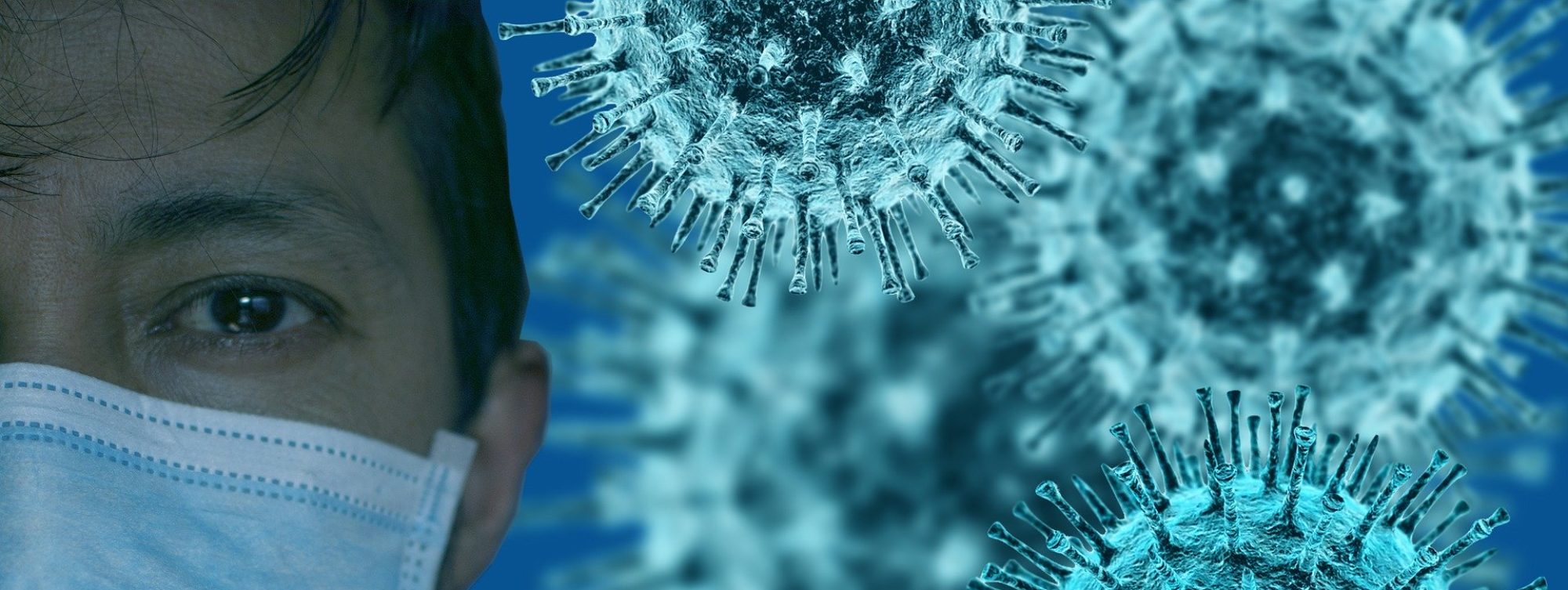Anthropologist, M.A.I.R.
Hubert Department of Global Health, Rollins School of Public Health
Emory University
April 24, 2020
NOT RACE, RACISM:
CONCERNS OF COVID-19 AFFECTING AFRICAN AMERICANS
A couple of weeks ago, several media reports and commentaries were published calling attention to what seemed to be a disproportionate burden of disease and high death rate affecting African Americans who had contracted SARS-CoV-2 (Ibram X. Kendi, Nidhi Prakash, and others). Shortly after State Health Departments in Louisiana, Michigan and Illinois released data showing that African Americans account for a disproportionate number of COVID-19 deaths in each of theses states (between 40 and 72 percent). In Chicago “72% of the city’s deaths have been among black Chicagoans, though black Chicagoans make up just 30% of the city’s population.” (Chicago.gov, Press Release, 4/6/2020)[i]
On Tuesday, April 7 two prominent figures in the U.S. COVID-19 response also addressed this issue by stating that vulnerable populations bear the brunt of the burden of disease, a reality that people working in healthcare, public health and social justice activism have known for a long time. Dr. Anthony Fauci, member of the White House coronavirus task force, stated during the White House briefing that “existing health disparities have made the outbreak worse for the African American community.” That same day U.S. Surgeon General Dr. Jerome Adams poignantly disclosed during a T.V. interview that he has heart, high blood pressure, asthma and pre-diabetes health conditions, stating: “I represent the legacy of growing up poor and black in America.” (CBS This Morning, CBS News, 4/7/2020)[ii]
As a social scientist who has worked over a decade in collaboration with biomedical and public health scientists examining the socio-cultural aspects of the HIV epidemic in low-income contexts in Africa and the Southeast U.S., I find several parallels between that epidemic and the current COVID-19 pandemic. However, one parallel stands out above the others: the disproportionated burden of disease COVID-19 is bound to have on historically vulnerable communities due to racism, economic disparities, marginalization, exclusion and disenfranchisement. In the U.S. vulnerable communities include low-income and living in poverty populations, African Americans, Lantix, homeless people, undocumented immigrants and inmates and detainees.
The COVID-19 pandemic is converging and interacting with pre-existing structural issues (racism, government policies related to healthcare, minimum wage, housing, immigration, etc.) and chronic medical conditions in the U.S. (hypertension, diabetes, cardiovascular disease, asthma), thus explaining the high contagion and death rate numbers for African Americans. In other words, the arrival of COVID-19 to the U.S. is like ‘rubbing salt in the wound’ of inequality in our society.
During Tuesday’s White House briefing, Dr. Fauci[iii] , also said: “So we are very concerned about [high death rates among African Americans]. It is very sad. There is nothing we can do about it right now except to give them the best possible care to avoid complications.” I greatly respect Dr. Fauci and I am, as many others in this country, very thankful for his knowledgable leadership during this crisis. However, I disagree when he says “there is nothing we can do about it right now except to give them the best possible care to avoid complications.” There is much more that we can do about the disparity affecting African Americans and other vulnerable and disproportionally affected populations and we need to start now.
We need to mobilize and raise awareness everywhere, especially at the decision-making spheres of government, so that life-saving resources will be distributed with equity in mind. Vulnerable populations are not being appropriately reached with important COVID-19 information and they have little or no access to testing and healthcare. We as a nation need to spring into action and push harder for affordable healthcare; criminal justice, labor and education reforms; protection of civil rights; and creation of anti-discriminatory policies. Or to put it simply, we need to do so much more for equality and equity so that we can significantly close the existing gaps in quality of life between communities in the U.S. We all depend on each other and COVID-19 has clearly shown us the scale of our interconnectedness. Helping others will help everyone in this crisis, when anybody can be affected and nobody can fully distance themselves from others. Think of supply chains and the impossibility of fully distancing yourself from others.
Inanthropology there is large consensus about human populations not being “unambiguous, clearly demarcated, biologically distinct groups” (American Anthropological Association Statement on Race)[iv], with modern genetic analysis revealing only a 6% gene divergence between conventional geographic “racial” groupings. There are many characteristics that make humans different but the taxonomical distinction for people with different phenotypic (physical) expressions does not hold up: “Western-based racial classifications have no taxonomic significance” (Hunley, Cabana & Long, 2015)[v]. Conversely, racism does exist and it carries devastating effects. Racism is a behavior that permeates our society, just as biases permeate human nature, and it has a direct and powerful impact in the health of those who experience it. Racial inequalities in health and healthcare in the U.S. are a reality. Paraphrasing anthropologist Clarence Gravlee, racism “becomes biology” (Gravlee, 2009)[vi].
References List
[i]Chicago.gov, Press Release, 4/6/2020: “Mayor Lightfoot and CDPH Release New Demographic Data Release to COVID-19 Revealing Significant Racial Health Inequities” https://www.chicago.gov/city/en/depts/mayor/press_room/press_releases/2020/april/COVID19RacialInequities.html
[ii] “Surgeon General: Coronavirus testing numbers are ‘a concern’.” CBS This Morning. April 7, 2020, 8:02 AM EDT. 2020 CBS Interactive Inc. https://www.cbsnews.com/video/surgeon-general-coronavirus-testing-numbers-are-a-concern/
[iii] United States. White House, Press Briefings. Remarks by President Trump, Vice President Pence, and Members of the Coronavirus Task Force in Press Briefing | April 7, 2020 Healthcare. Issued on April 7, 2020 https://www.whitehouse.gov/briefings-statements/remarks-president-trump-vice-president-pence-members-coronavirus-task-force-press-briefing-april-7-2020/?utm_source=link
[iv] American Anthropological Association. “AAA Statement on Race.” Accessed April 24, 2020. https://www.americananthro.org/ConnectWithAAA/Content.aspx?ItemNumber=2583
[v] Hunley, K.L., Cabana, G.S. and Long, J.C. (2016), “The apportionment of human diversity revisited.” American Journal of Physical Anthropology, 160: 561-569. doi:10.1002/ajpa.22899
[vi] Gravlee, Clarence C.. “How race becomes biology: embodiment of social inequality.” American Journal of Physical Anthropology 139 1 (2009): 47-57
